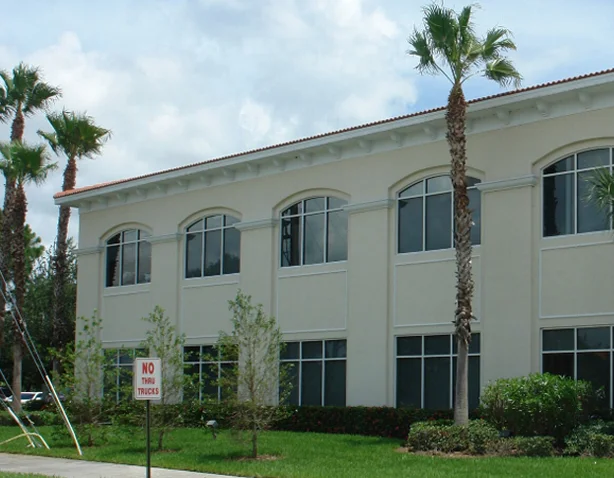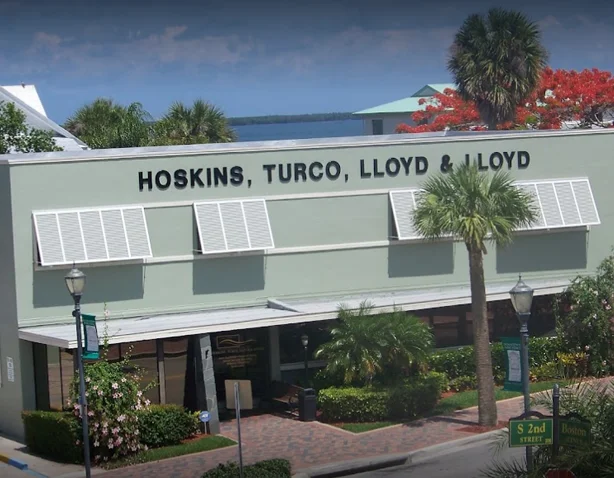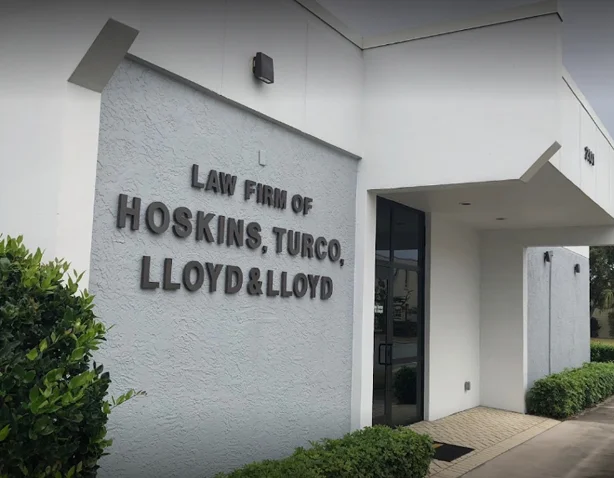Daytona Bike Week 2025 takes place February 28th through March 9th. From handling minor bike damage on the strip to
Personal Injury Posted on Aug 27, 2024
Nursing home abuse happens more frequently than most people realize. According to the National Council on Aging (NCOA), more than 5 million elderly Americans experience nursing home abuse every year. Even more alarming, nursing home abuse in Florida occurs all the time in even the most reputable facilities.
With its year-round warm climate, relatively affordable cost of living, and plethora of senior communities, Florida is a popular retirement destination. The U.S. Census Bureau reports that Florida has one of the highest percentages of residents aged 65 and older, comprising about 20% of its population. With such a high concentration of elderly individuals, the demand for nursing homes and long-term care facilities is naturally higher. However, a study conducted by the American Association for Retired People (AARP) found that Florida ranks #43 in the country for providing adequate care in nursing homes.
Nursing homes are meant to provide a safe and caring environment for elderly individuals who need specialized assistance with daily living. Unfortunately, instances of nursing home abuse in Florida do happen, leaving loved ones injured, vulnerable and at risk for more harm. If you suspect that a family member or friend is being abused or neglected in a nursing home in Florida, it’s essential to take immediate and appropriate action. In this article, our personal injury attorneys share what to do in these situations.

Do you suspect a loved one is experiencing nursing home abuse in Fort Pierce, Port St. Lucie, Vero Beach or Okeechobee? The injury attorneys at Hoskins, Turco, Lloyd & Lloyd specialize in investigating nursing abuse claims in Florida and helping victims and their families get the compensation and justice they deserve. Learn more about how we can help by calling our office at 866-930-6435 for a free consultation.
Nursing home abuse can manifest in multiple ways. Signs of neglect can be emotional, physical, mental and financial. Here are some of the most common types of nursing home abuse in Florida:
If you notice any of the above signs, it’s critical that you voice your concerns and investigate further.
In the state of Florida, there are laws that protect nursing home residents from neglect and abuse. The Florida Nursing Home Resident’s Bill of Rights ensures that nursing home residents have the right to be treated with respect and dignity, the right to be free of physical and mental abuse, the right to receive adequate healthcare, the right to have a say in all medical treatments, and the right to basic living necessities. Nursing homes that violate any of these rights can face severe penalties, including fines, civil lawsuits, and the loss of licensure.
To help you protect your loved ones from suspected nursing home abuse in Florida, here are six steps to take if you believe abuse or neglect is happening within their facility.
The first thing to do if you suspect nursing home abuse in Florida is to document your observations. Make a note of the date, times, and details surrounding the incident. Take photos or videos of visible injuries, conditions, or behaviors. If your loved one saw a doctor due to the incident, make copies of all relevant medical records. Having detailed evidence will be critical to proving the abuse if you choose to take legal action or file a formal complaint.
If you feel like it is safe to do so, report the incident to the nursing home staff or management team. This gives them the chance to address the situation and take steps to resolve the issue or prevent further harm. However, if you suspect members of the care team are involved in the abuse, be cautious with who you approach. For example, if you think a staff member is emotionally or physically abusing your loved one, consider calling the director or head of the nursing home to report your concerns. Addressing the suspected abuser directly may result in retaliation or may lead to it being buried with no resolution. If you speak with anyone at the nursing home, make sure you document your conversations.
In this situation, the nursing home abuse attorneys at Hoskins, Turco, Lloyd & Lloyd recommend contacting the nursing via email and speaking with them directly. By sending an email to the nursing home management team, you have written proof of your report. However, speaking with a care team member may be more effective if the situation demands an urgent response. Therefore, it is best to use both methods.
Nursing home abuse in Florida is a serious offense. There are several agencies throughout the state that investigate abuse claims. If you believe neglect or abuse is occurring, here are several agencies you can contact to report the incident:
Again, if you believe the abuse or neglect is putting your loved one in immediate danger, consider removing them from the nursing home and finding a new facility. In this situation, it is important to consult with your loved one’s medical team to ensure there is no disruption to their care. It may also be best to do this without notifying the “unsafe” nursing home until you have a plan in place. Sometimes, expressing concern over care of staff abuse can lead to retaliation on the part of your loved one.
In some situations, nursing home abuse in Florida may require legal action. However, nursing home abuse cases can be very complex and challenging. That’s why it’s important to contact an experienced nursing home abuse attorney in your area. A qualified and reputable nursing home abuse lawyer will be able to:
Throughout this process, it’s vital that you remain vigilant and involved in your loved one’s care. This can be done through regular visits or phone calls, check-ins with their care team, and attention to your loved one’s health, mental state, emotions, physical possessions and living conditions. Continue to document your interactions and any ongoing concerns or changes.
Call us immediately at 866-930-6435 for a free consultation
Realizing that your loved one is experiencing nursing home abuse is extremely upsetting. It is not okay and the personal injury attorneys at Hoskins, Turco, Lloyd & Lloyd can help protect your loved one and ensure they receive the care, compensation, and justice they deserve. We are not afraid to file lawsuits and claims against nursing homes and care facilities that are hurting or harming their residents.
From the moment you call us, our nursing home abuse attorneys will guide you on what you should do and explain your legal options. If you sign as our client, you can be confident that you and your loved one are represented and protected by one of the most reputable and trusted injury law firms in Florida. We have over 40 years of experience fighting for the rights of individuals who have been harmed by the negligence of others. We can’t be intimidated. We don’t back down from a fight. And your well-being, trust, and satisfaction are always our top priority.
If you suspect your loved one is experiencing nursing home abuse in Port St. Lucie, Fort Pierce, Vero Beach, or Okeechobee, contact our office right away for a free consultation with our attorneys. Call 866-930-6435 or request a meeting via our online contact form here.
Daytona Bike Week 2025 takes place February 28th through March 9th. From handling minor bike damage on the strip to
If you are hosting a party this holiday season, take a moment to review our tips on how to protect
On July 1, 2024, Governor Ron DeSantis signed 185 new bills into law. From harsher penalties for traffic violations to

Phone: (772) 344-7770
Fax: (772) 344-3838

Phone: (772) 464-4600
Fax: (772) 465-4747

Phone: (772) 577-7551
Fax: (772) 794-7773

Phone: (863) 357-5800
Fax: (863) 763-2237
As the law firm Florida has trusted for over 40 years to fight on their behalf, we are more than ready to represent you. Put our experience and reputation to work. If you need help with any legal matter, whether it’s a personal injury, workers’ compensation, disability or bankruptcy case, contact us now. The consultation is absolutely free.
Get the answers you need. We’ll review your case today, for free.
"*" indicates required fields